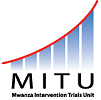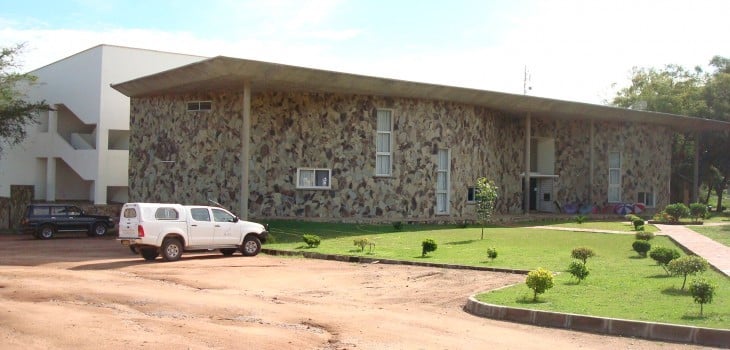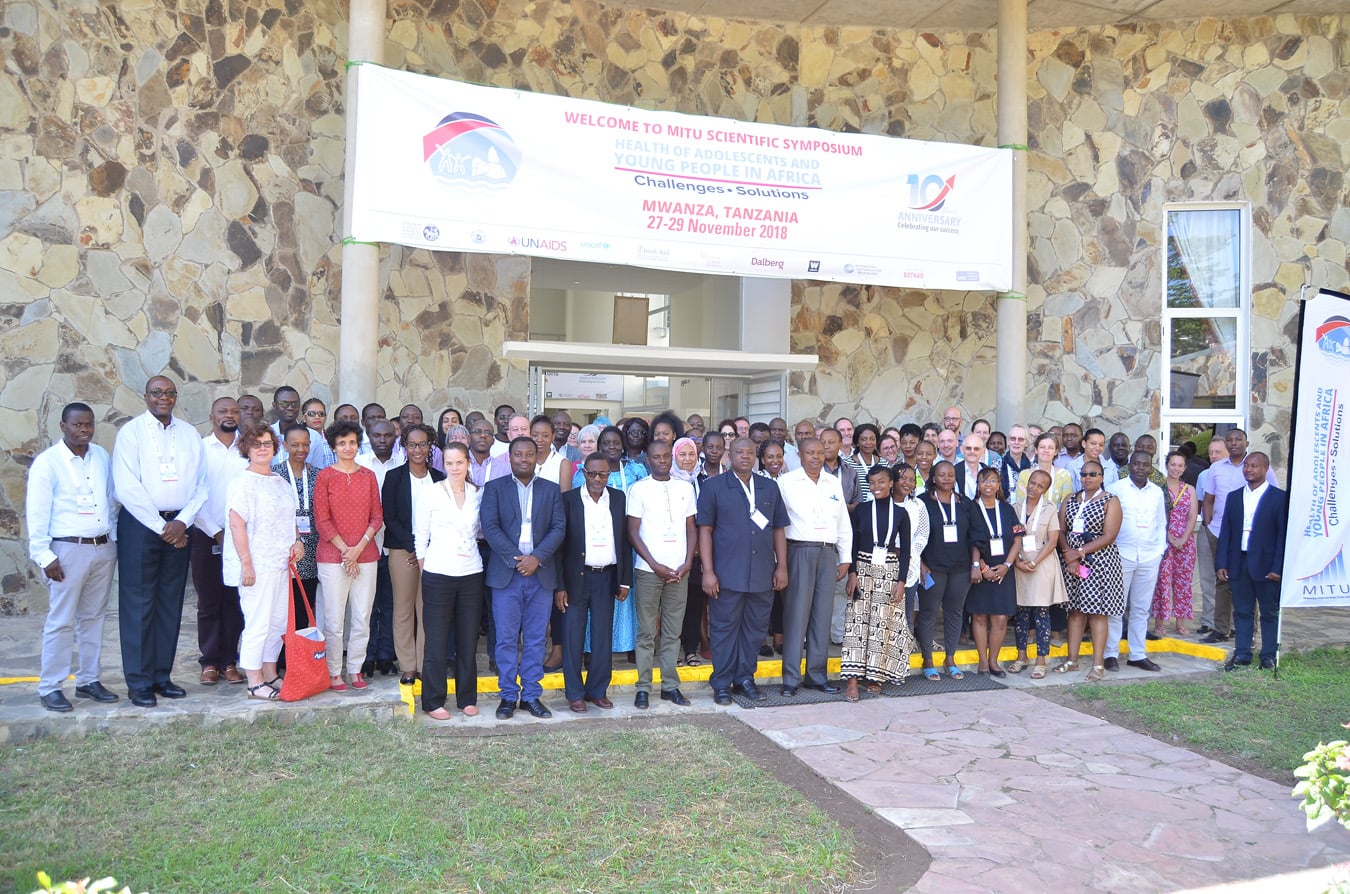About
The programme of research and capacity development implemented by MITU builds on a long history of collaborative research on HIV and related infections in Mwanza involving the Tanzanian National Institute for Medical Research (NIMR), London School of Hygiene and Tropical Medicine (LSHTM), and the African Medical Research Foundation (AMREF). This collaboration dates from the late 1980s when the HIV epidemic was expanding rapidly in East Africa.
Mission Statement
MITU’s mission is to contribute to improving health through the development and evaluation of interventions against HIV and other health problems. It seeks to achieve this by conducting research, including clinical trials, to the highest international standards; to enhance the capacity to carry out such research in Tanzania and the East African region; and to contribute to the translation of research findings into health policy in partnership with other stakeholders.
History and Background
The Mwanza Intervention Trials Unit (MITU, or the Unit) was established in 2006 by the Tanzania National Institute for Medical Research (NIMR) and the London School of Hygiene & Tropical Medicine (LSHTM), with initial funding from the UK Medical Research Council (MRC). The Unit was established to build on the longstanding and highly successful research collaboration in Mwanza between the two institutions.
This collaboration dates from the late 1980s when the HIV epidemic was expanding rapidly in East Africa. Mwanza was chosen as a site for HIV prevention research, particularly since HIV prevalence had not reached high levels and there was the prospect that such research could have a substantial impact on the development of the epidemic. Underlying the rationale for locating research in Mwanza was the existence of a major NIMR research centre in the city, which could provide a strong and well-established base for the collaboration.
For more than 29 years, this collaboration has carried out ground-breaking research studies on the epidemiology and control of HIV and other sexual health problems, with a particular focus on randomised controlled trials (RCTs) of preventive interventions. The first major HIV prevention trial, often known as “the Mwanza trial”, was conducted between 1991 and 1995. This was the first trial in the world to demonstrate that improved treatment services for Sexually transmitted infections (STIs) could reduce HIV incidence in the general adult population. Through this, the collaboration has built a reputation as one of the leading centres worldwide for HIV prevention research.
The Unit has expanded its research portfolio substantially by initiating a number of new research projects. These include studies to describe the epidemiology of human papilloma virus (HPV) and to assess the safety and immunogenicity of HPV vaccines among girls and young women; a study to assist health service planning for the management of non-communicable diseases (NCDs) and other chronic diseases; research investigating environmental and genetic determinants of type 2 diabetes in sub-Saharan Africa; an integrated programme assessing the impact of a combined micro-finance and gender training intervention in reducing intimate partner violence; and a trial to evaluate the safety, tolerability and immunogenicity of new EBOLA vaccines.
In order to support the Unit’s expanding activities, new offices and training facilities were built on the campus of NIMR’s Mwanza Centre and were officially opened in July 2009. The new building covers a total floor area of 1,905 square meters and provides modern conference and training facilities, laboratory archives, data archive facilities and a pharmacy store as well as two floors of office space for staff.
MITU recently organised a highly successful scientific symposium with the theme 'Health of Adolescents and Young People in sub-Saharan Africa: Challenges and Solutions'. The event was held on 27-29 November 2018 in Mwanza city, NW Tanzania and was part of the celebrations to mark the 10th anniversary of MITU, one of the main LSHTM research partnerships in Africa, and a product of a long-standing research collaboration with the Tanzanian National Institute for Medical Research (NIMR).
The symposium was attended by scientists from Tanzania (58), other African countries (36), Europe (23) and the United States (1). Participants included strong representation from other LSHTM-related partnerships in Africa, including the MRC/UVRI & LSHTM Uganda Research Unit in Uganda, Malawi Epidemiology and Intervention Research Unit (MEIRU) in Malawi, and Biomedical Research and Training Institute (BRTI) in Zimbabwe, Zambia AIDS Related Tuberculosis (ZAMBART) Project in Zambia, and other key collaborators from South Africa, Kenya and Ghana.
During the symposium there were keynote presentations reviewing key areas of the health of adolescents and young people (AYP) in Africa, as well as shorter talks and discussion of research gaps, future directions and methodological approaches. Important areas of AYP health addressed included HIV and sexual health; mental health; non-communicable diseases; cognitive development and risk taking; and development and evaluation of interventions.
The presentations also showcased research conducted by MITU on adolescent health. This included a special poster session which was well attended by participants during the first two days of the meeting. A special journal supplement showcasing major presentations during the symposium will be published.
MITU was jointly established in mid-2007 by LSHTM and NIMR through a generous award from the UK Medical Research Council (MRC) to Richard Hayes, Professor of Epidemiology and International Health at LSHTM, who was involved in setting up the research collaboration in the late 1980s. Since then, the collaboration has carried out a series of ground-breaking research studies on the epidemiology and control of HIV and other sexual health problems, with a particular focus on randomised trials of preventive interventions.
Mwanza has built a reputation as one of the leading international centres for HIV prevention research, and the research findings from Mwanza have had an important effect on global health policy. Directed by LSHTM professor Saidi Kapiga, the rapid progress in the development of the Unit over the last 10 years includes strengthening the research infrastructure required to carry out major trials to the highest international standards, and the development of a long-term strategic plan.
As part of MITU’s continuing development, the Unit has expanded its research portfolio into six main themes, including: health of adolescents and young people; HIV prevention, care and treatment; reproductive health; human papillomavirus (HPV) vaccination; chronic non-communicable diseases (NCDs) and other related diseases; and harmful use of alcohol and other substances.
With this expanded research portfolio, MITU is benefiting greatly from its partnership with a range of groups at LSHTM, including the Tropical Epidemiology Group (TEG), the Social and Mathematical Epidemiology (SAME) group, the Centre for Maternal, Adolescent, Reproductive & Child Health (MARCH), and the Centre for Global Chronic Conditions.


